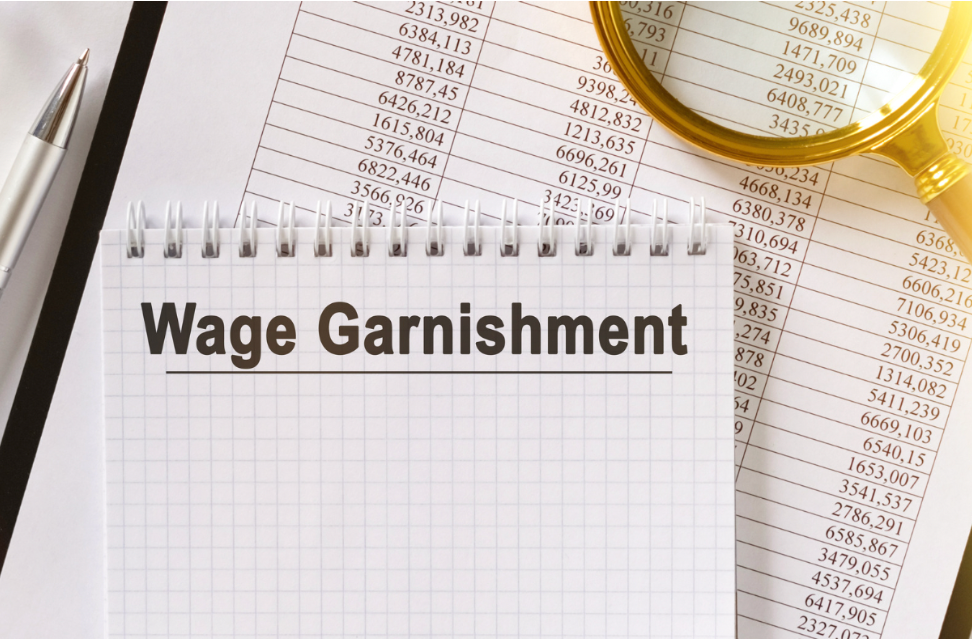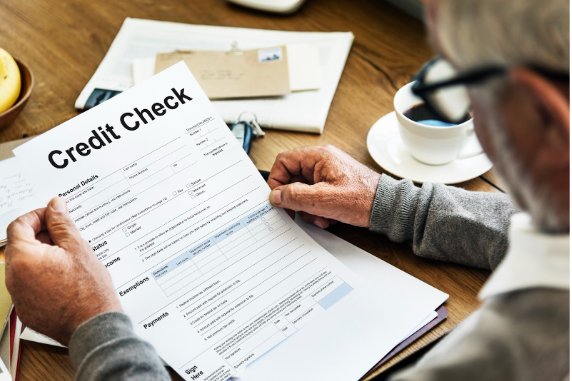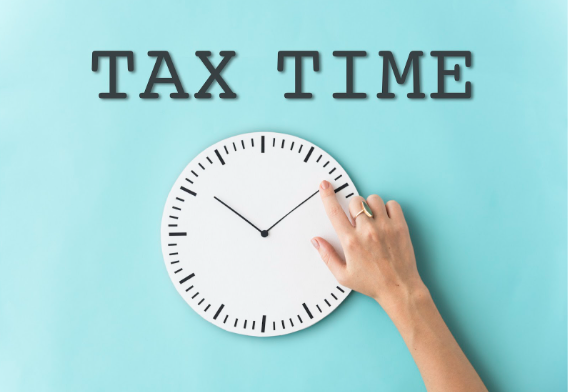
Wage Garnishment
Maintaining your debt payments might be challenging, particularly if you’re going through financial difficulties like losing your job. Even though skipping one or two payments can result in late payment penalties and additional interest, consistently skipping payments can have more serious repercussions, like wage garnishment. When various attempts at negotiating and making arrangements to pay off your debt have failed, creditors typically turn to wage garnishment.
What Does Wage Garnishment Mean?
A wage garnishment is when a creditor can take a part of your income straight out of your paycheck and use it to settle the amount you owe.
What is the process of garnishment?
Usually, wage garnishment only takes place when all previous attempts to get repayment from a debtor have failed. For instance, if a creditor calls and letters go unanswered, in this situation, the creditor may file a lawsuit in court. If you owe the government money, they have the power to immediately garnish your salary. Wage garnishment takes longer with other lenders. The creditor will initially need to get two court orders. A “payment order” is the first one. It attests to your debt to the creditor. A “garnishing order” is the second court order. It mandates that a portion of your paycheck be sent to the court rather than to you by your employer.
Wage Garnishment if You’re Self-employed

Even if you work for yourself, creditors have the right to garnish your wages. The court would request payment from your clients rather than your employer (you). There is both good and bad news on this. The bad news is that 100 percent of your self-employment earnings are subject to garnishment by creditors. The good news is that, most of the time, they don’t do that. Part of your paychecks being garnished by creditors is more typical.
Garnishment of Wages When Unemployed
People who are unemployed do not receive a salary, so there are no earnings to garnish. However, your severance or termination payout from your former job may be garnished by creditors.
What amount can they garnish?
Your paycheck may be garnished for 20% to 50% of the balance. Payroll garnishment differs by province or territory in Canada.
What part does the employer play in all of this?

Your employer is required to abide by a court judgment authorizing wage garnishment.
Employers cannot discipline, dismiss, or suspend an employee solely because their earnings are being garnished by a creditor.
How to Put an End to Wage Garnishments
Nobody wants to put in a lot of time into work hours only to have their paycheck cut in half by a collector. If your debt has gotten to this point, assistance is available. Talk to a debt expert at EmpireOne Credit Solutions to get help. Depending on your circumstances, you may want to consider some debt options that are available to you, to stop wage garnishments through a consumer proposal or bankruptcy.
Conclusion
Bankruptcy and consumer proposals are good options to stop wage garnishments and help to reduce your debt and stop all interest immediately. Seek professional assistance. Contact us right away to request a free consultation at EmpireOne Credit Solutions.





